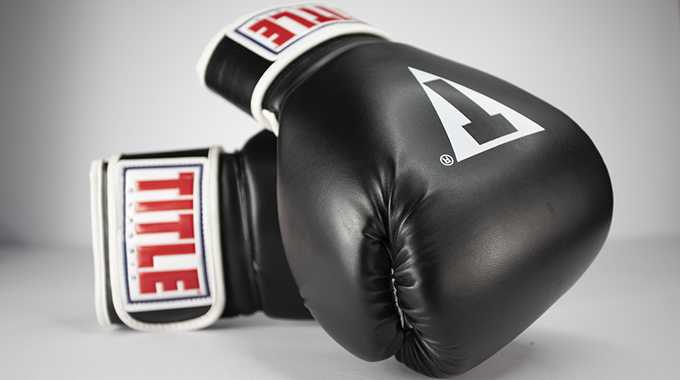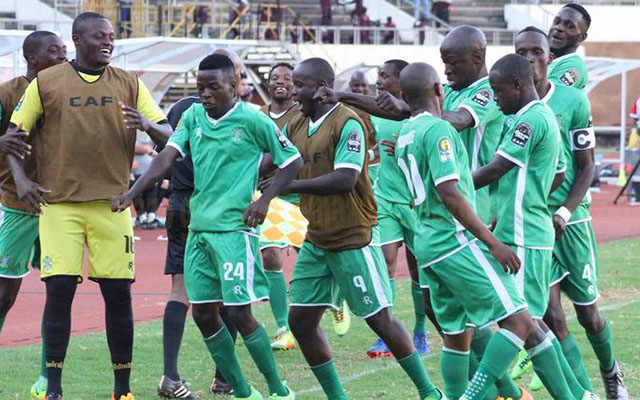Kili, Schoolboy, Mosquito set the benchmark in boxing

Ellina Mhlanga
Senior Sports Reporter
PROUD “Kilimanjaro” Chinembiri, Langton “Schoolboy” Tinago and Alfonso “Mosquito” Zvenyika — three names which quickly come to mind when it comes to success in Zimbabwe boxing.
They flew the country’s flag high, during their days inside the ring, setting the bar high for those who came after them.
One cannot talk about the sport, in this country, without mentioning these names.
Their exploits were a cornerstone for the rise of boxing in the ‘80s and ‘90s.
Kilimanjaro and Tinago are now late but they will always be remembered for their role in the recognition of boxing, as one of the sport, which cheered the nation, at some point.
Tinago, who had already begun making strides before Independence, carried the torch when the country gained Independence, in April 1980.
He was crowned Commonwealth champion, three times, winning the lightweight title twice, and the super-featherweight crown once, earning himself a place in the Guinness Book of Records.
Tinago was also a challenger for the Commonwealth light-welterweight title held by Billy Famous in the ‘80s.
His boxing record reads like this: total fights — 107; wins — 83 (KO 16); losses — 20 (KO 4); draws — 3; no contests — 1.
Kilimanjaro was crowned the Africa heavyweight champion, in September 1982, sending about 15 000 fans at Rufaro into a frenzy, after he beat Ghanaian Adama Mensah.
Nigerian referee, Gibson Mwose, stopped the contest, midway through the sixth of the scheduled 12-round bout, and this triumph established big “Killi” as a boxer to be feared.
“Kilimanjaro could fight all night,” claimed his trainer, Dave Wellings, before the fight.
“He can dish it out, but can he take it?” was the question many asked when they heard about the impressive record of the Ghanaian.
The Mbare-born Zimbabwean champion, who was also known as “Gura,” knocked the lights out of Mensah, midway through the sixth round.
It was his finest hour.
He won the Zimbabwe heavyweight title in April 1982, in one of the fastest knock-outs, when he defeated title holder Ringo Starr in 29 seconds, in Masvingo.
He went on to defend the title three times proving why he was, indeed, a true African champion.
Kilimanjaro went on to fight countless international and local boxers.
But, he also had his downside, losing to Britain’s Hughroy Currie in a 10-round non-title bout in 1985.
He also lost to Lottie Mwale of Zambia in May 1987 before losing his All-Africa title to Zambia’s Michael Simwelu, in August, of the same year.
He was the Zimbabwe heavyweight champion, between 1982 until his retirement in 1990, and African Boxing Union champion, between 1982 and 1987, and again between 1988 and 1990.
Kilimanjaro died on February 15, 1994, at the age of 36 with a proud record of 32-6-0.
Twenty-eight of those wins came through knock-outs.
Interestingly, Kilimanjaro was a good goalkeeper and turned out for Mutare United, towards the end of the 1970s, before he was lured into the boxing ring just before Zimbabwe gained its Independence in 1980.
With Tinago and Kilimanjaro approaching the twilight of their careers in the late ‘80s and early ‘90s, Zvenyika broke onto the scene.
He was crowned the Commonwealth flyweight champion in 1998, carving his name among the country’s all-time boxing greats.
He won the vacant title when he beat Briton Paul Weir in Glasgow, Scotland, in January 1998.
The boxer went on to successfully defend the title in May, in the same year, against another Briton, Keith Knox.
His exploits saw him becoming the second Zimbabwean, after three-time Commonwealth champion Tinago, to win the Club title.
Some would want to focus on the negatives, and the controversy which stalked Zvenyika and Kilimanjaro.
But, as the country marks 41 years of Independence, let’s celebrate the success stories of these boxers, and the hope they brought to people from different backgrounds.
They laid the foundation for the growth, and recognition of the sport, in a nation where football continues to be the dominant sport.
l Additional reporting by Sports Editor Collin Matiza










Comments